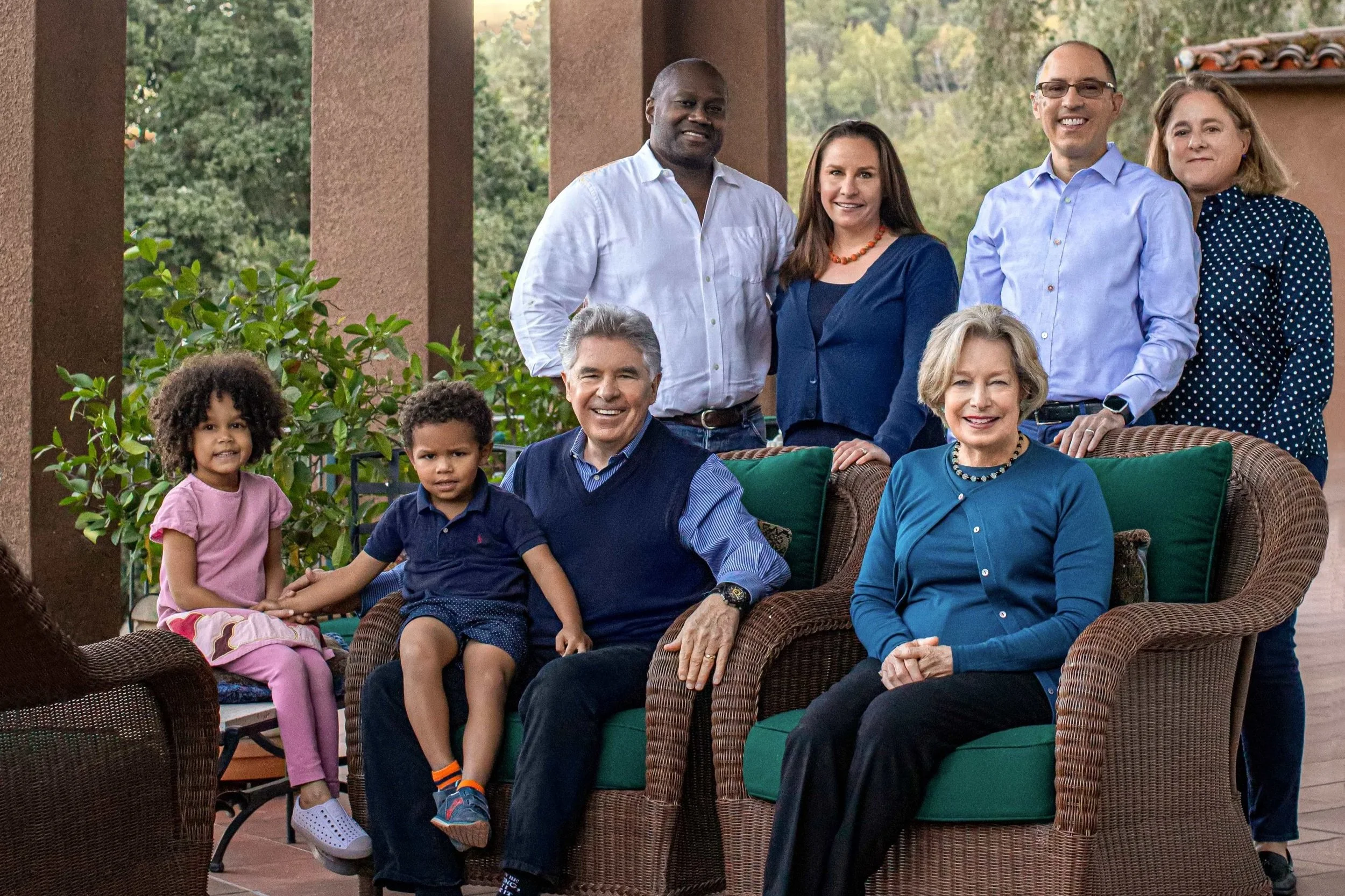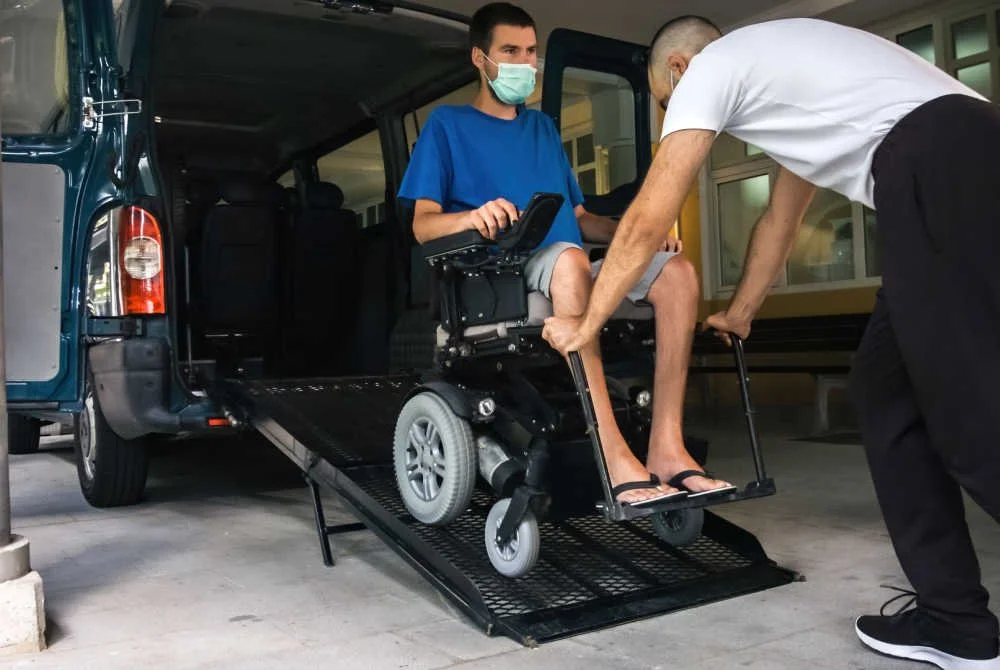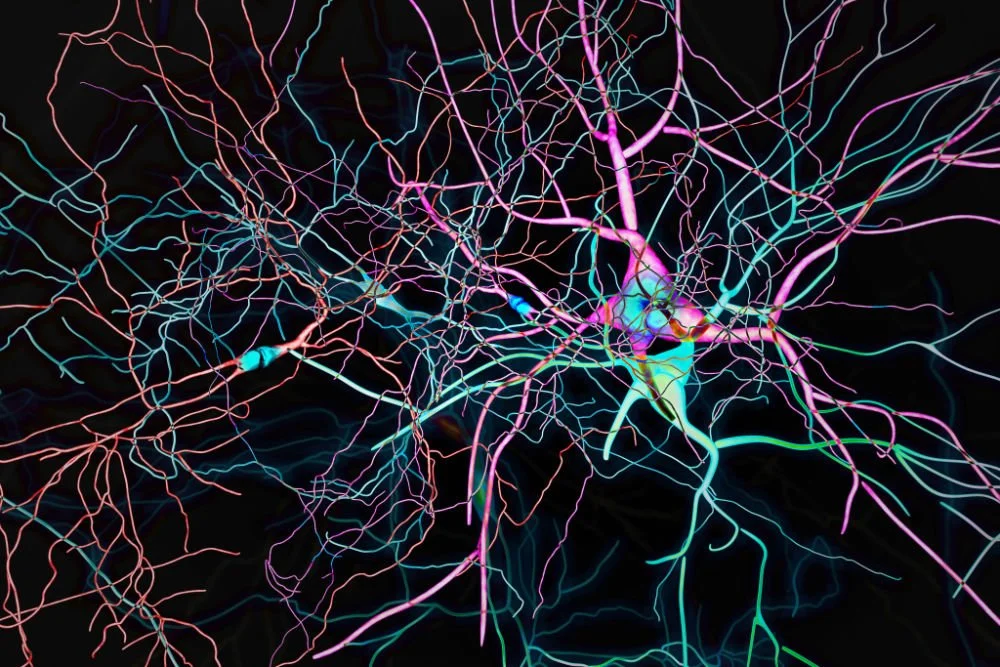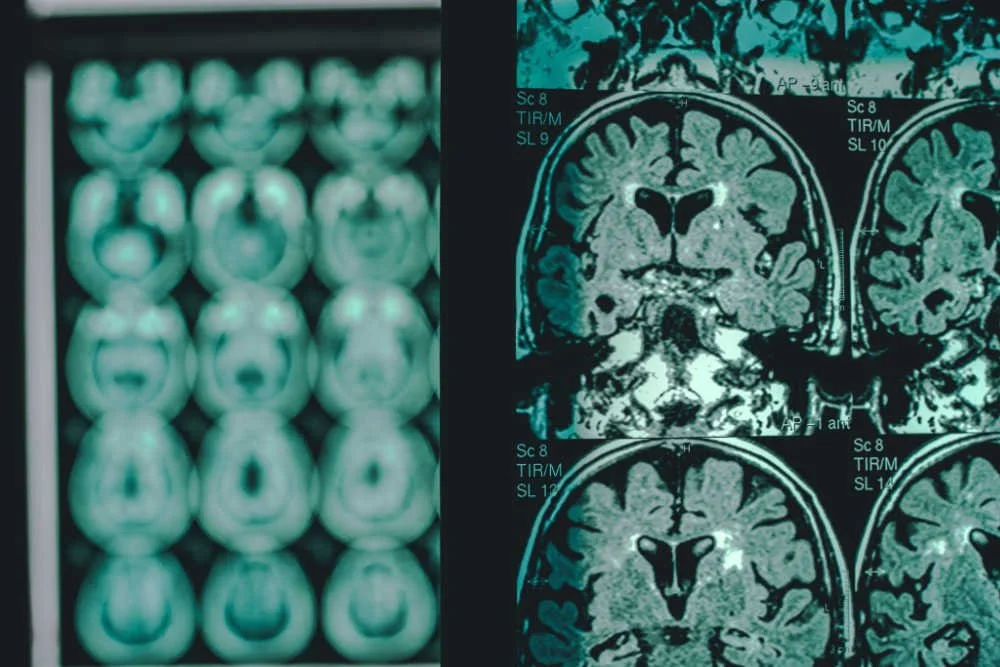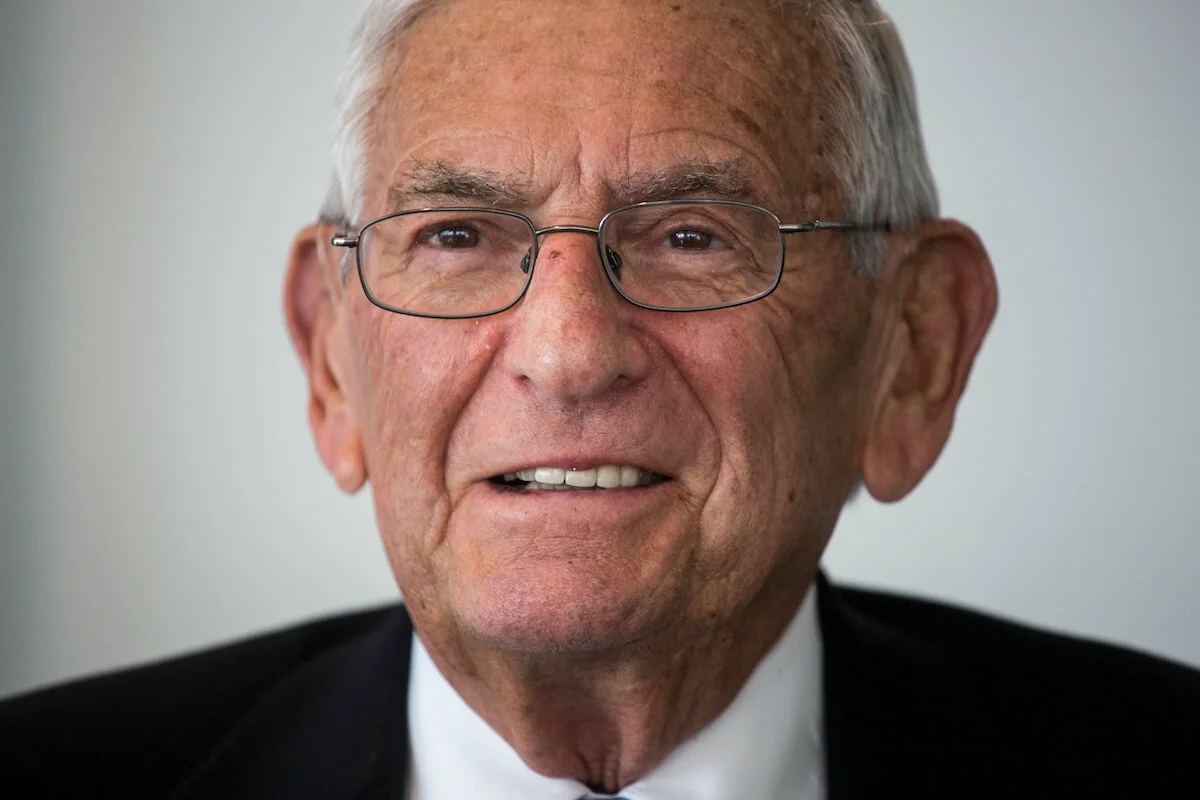From Grief to Giving: A Couple Builds a Foundation to Fill a Gap in Health Funding
/Lightspring/shutterstock
Like many people driven to start a nonprofit due to a personal loss, Genny and Matt Jessee knew they wanted to help others like themselves, but they didn’t have experience in nonprofit institution building or an endowment. Nor did they have a specific idea of the kind of support they wanted to give. But they knew who they wanted to help—parents of children born with undiagnosed, medically complex neurological conditions, a population underserved by other health funders.
The Jessees founded the St. Louis-based June Jessee Memorial Foundation in 2016 in honor of their late daughter, June. Their initial limitations in terms of experience and funding led to some key partnerships and a participatory grantmaking style that has benefited the organization in many ways.
The June Jessee Memorial Foundation provides financial and social support for families of children with devastating neurological conditions. These are kids with one or more severe, chronic neurological disorders that impede their development and daily functioning. Their lives are colored by doctors’ visits, hospital stays, medications and therapy appointments. The number of children with serious neurological conditions is growing, largely due to medical advances that can keep people alive for far longer than in the past. But for the parents, finding support and a community for a child with a complex neurological disorder can be as elusive as a diagnosis itself. “This group really falls through the cracks,” says Genny Jessee. “Foundations tend to focus on diseases we know about. We wanted to support people who don’t have a place to get support.”
I met Jessee last year when she was seeking editorial help for the young foundation, and support writing a book for the parents she serves. As I learned, the demands of care and the often fruitless search for a diagnosis can leave parents with little to no time for what had been “normal” activities, from getting a full night’s sleep to putting in a full day at work. Aid is expensive, and even the best private insurance fails to cover critical support in many areas. A child with repeated seizures may jerk awake throughout the night, every night for years, and need to be comforted. Most private insurance does not cover in-home nursing. A non-walking toddler might benefit from a “Stander,” a specialized medical device that allows a child to stand and put weight on her legs, helping to avoid hip surgery down the line. But insurance generally categorizes this kind of specialized device as “not medically necessary,” along with adapted car seats and wheelchairs. Specialty formula can dramatically reduce digestive pain for a baby, or even stop seizures. It’s expensive, and can come with a high co-pay, as do pricey medications and various therapies.
“When June was alive, I could not believe how much everything cost,” says Jessee. “It was mind-blowingly expensive. People would say, ‘Aren’t you so grateful you have insurance?’ I was, but we were being denied coverage for so many things. We were fortunate to be able to pay for them out-of-pocket, but a lot of people can’t. I was always thinking, ‘How are other families doing this?’”
From Grief to Giving
After June passed away, shortly before her fourth birthday, the Jessees included a line in her obituary in the St. Louis Post-Dispatch requesting donations in her honor. They assumed they’d raise a few thousand dollars and pass it on to one of the groups that had been so helpful to their family, such as St. Louis Children’s Hospital, Moog Center for Deaf Education, or Delta Gamma Center for Children with Visual Impairments. To their surprise, they raised $40,000, mostly in the form of checks sent to their house. “I realized that we could really do something ourselves. We could create something that didn’t already exist,” says Jessee.
They decided first to address the financial issues families face by offering micro-grants of $3,000 to families to help cover expenses. In 2016, the Jessees registered their fledgling foundation through the St. Louis Community Foundation, rather than starting their own 501(c)(3) as a way to test the need for their foundation and their own commitment to it. Affiliating with the foundation imposed limitations, such as giving money to another nonprofit rather than directly to individuals. Genny Jessee reached out to St. Louis Children’s Hospital to distribute grants.
It took about six months to set up the relationship with the hospital, which involved meetings with staff neurologist Dr. Liu Lin Thio, the St. Louis Children’s Hospital Foundation, and staff social workers. During this initial set-up period, the group decided that the hospital staff would identify families needing support, a protocol that proved extremely helpful, and remains in place today. “It means we don’t have to hire someone ourselves to evaluate families,” says Jessee. “I trust the social workers and the neurology department at Children’s to identify families that need support, and it’s a more efficient way to use donors’ money.
“It’s also very easy for the families. They don’t have to fill out an application or do any paperwork. The social workers look at our guidelines and at a child’s chart and can say, ‘The June Jessee Memorial Foundation can cover this expense for you.’ These parents have so much paperwork already; we didn’t want to create more.”
The Jessees gave $15,000 from their first $40,000 to St. Louis Children’s Hospital to launch the initiative. They used some of the rest to build a website and blogging platform, and plan a fundraiser. That first fundraiser, held in April 2017, raised another $80,000. That, combined with savings from their first set of donations, enabled them to give $100,000 to St. Louis Children’s in May 2017, about 18 months after June died. By the end of 2019, the foundation will have given another $75,000.
Eventually, the JJMF established more precise guidelines for potential grantees: The child must be under 10 years old and have developmental delays, epilepsy and one or more other complications affecting another organ.
Despite the foundation’s original focus on filling financial gaps, the Jessees quickly discovered that some parents crave community and caring more than cash. They feel both too alone in their struggle and too often the recipient of pity to want to take aid. “Even people who don’t have a lot of extra money will say, ‘Oh, let someone else who needs it more take it.’ It’s been humbling,” says Jessee.
To respond to this desire, the foundation began routing more of its money to programs and services, and offering those to families instead. “Instead of saying, ‘You can use this money for a night nurse,’ we just cover the fee directly, hiring students in the caring professions who work at St. Louis Sitters. Instead of saying, ‘Here’s money to take care of yourself. Go to a spa on us!’ we’ve created a Mom’s Night Out.” Even small programs can have a big impact on the mood and resilience of families in the thick of coping. The foundation brings families on the neurology floor “goody bags” of toiletries for their stays, and sponsors a breakfast event for parents to meet each other. “Originally I thought we’d be a foundation that gave out grants, and that’s it, but it turns out we are reaching more people with some of these other programs.”
Creating a New Role
Earlier this year, the June Jessee Memorial Foundation created and began funding a part-time mental health specialist at Children’s Hospital. This therapist offers unlimited therapy for parents whose children are in the neurology department, a new concept in children’s epilepsy centers, and a service that has proven extremely popular. “This was an idea I had while talking about how much therapy I got when I was with June. I knew the hospital offered a therapist for pregnant moms who learn, while the baby is still in utero, that the baby has a heart defect. At one of our quarterly meetings, I asked if we could create something like that for parents of babies and even older children who have a serious neurological disorder. Today, the therapist is nearly booked out every week.
Eventually, the limitations of working under the umbrella of the St. Louis Community Foundation began to constrain the foundation, and it became its own 501(c)(3) in the spring of 2019. But it still works closely with Children’s Hospital. One new program at the hospital is an annual lectureship, sponsored by JJMF to advance care for patients. In 2018, the foundation brought in Dr. Julie Hauer from Boston Children’s Hospital to speak to residents, pediatricians and social workers about caring for children in this population. She presented during pediatric grand rounds, and did specialized talks with specific groups. “The goal was to help educate the medical professionals about how to communicate best to this population, who may be grieving, who may not be understanding what you’re saying, who really do need to still be hopeful, even while also being realistic. How can you communicate in a way that preserves hope?” says Jessee.
The June Jessee Memorial Foundation is still looking into ways to support this unseen community. Genny Jessee recently signed with a literary agent on an “adapted” memory book/journal for parents of babies who are not hitting typical milestones, either due to a severe neurological disorder, or to other developmental delays.
Jessee thinks many original donors were motivated by wanting to show support for her own family’s struggle, but that having funders who come through a personal relationship can blossom into a much larger net of support. “It’s almost like you’re on a fundraising team in the beginning. Now, we primarily raise funds through our annual fundraiser and end-of-year appeal, which both reach a much larger community.”
The foundation is aiming to reach $500,000 in donations by 2020. Future plans include publishing the baby book, and perhaps partnering with groups in other cities to replicate the program. “I think our foundation is in a unique position to grow beyond St. Louis because there really isn’t anything like it for a national population,” says Jessee. Her dream is to develop a respite house for children in this population, something like the one Dr. Hauer runs in Boston called Seven Hills Pediatric Center. “Some children live there and some families just book it if they’re going away, or need a break. No one wants to institutionalize these children like we used to, but now their care is 100 percent on the parents, and it’s way too much. We’ve gone from one extreme to the other. There needs to be a place where children can go for a week or two, and have their medications around the clock and other support. The total lack of institutions for this population is a real disservice to families.”







